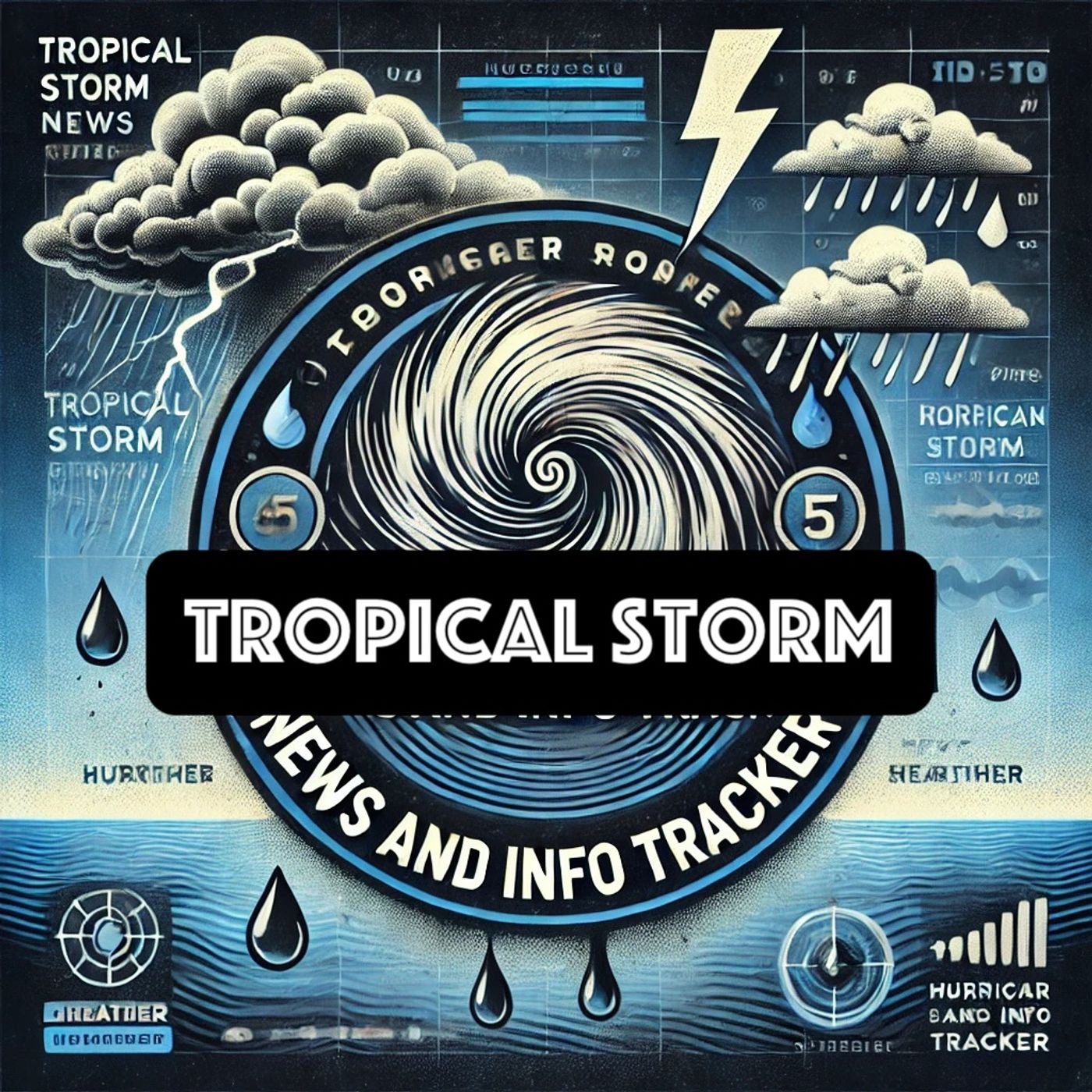Tropical Storm Rafael Retreat Eases Oil Price Decline
Description
Oil prices experienced a nearly 1 percent decline on Monday, continuing the downward trend from the previous Friday. This decrease coincides with the weakening of Tropical Storm Rafael. Initially, the storm's potential to disrupt oil production and distribution led to concerns in the energy market, prompting caution among traders and investors.
Tropical storms often pose significant risks to oil operations, particularly in regions prone to severe weather conditions. The Gulf of Mexico, a crucial area for U.S. oil production, is frequently affected by tropical systems, potentially leading to disruptions in extraction and transportation activities. When such storms are predicted to strengthen, the market often anticipates possible supply shortages, which can drive prices up as stakeholders prepare for potential impacts.
In the case of Tropical Storm Rafael, its weakening eased fears of substantial disruptions to oil infrastructure. Market participants responded to the lessened threat by adjusting their positions, contributing to the observed drop in oil prices. As Rafael lost strength, it reduced the immediate risk to key oil-producing areas, allowing the market to rebalance itself without the added pressure of anticipated shortages.
The dynamics of oil pricing are influenced by a variety of factors, both geopolitical and environmental. Weather events like tropical storms are among the short-term variables that can cause fluctuations by affecting supply chains and logistical capabilities. The response to Rafael's weakening is a typical market adjustment to the changing risk assessments as the storm's potential impact became clearer over time.
Overall, the easing of concerns related to Tropical Storm Rafael has helped stabilize oil prices in the immediate term. While the market remains sensitive to weather forecasts during storm seasons, the reduced threat allows stakeholders to redirect their focus onto other prevailing economic and geopolitical factors affecting oil prices. This reaction underscores the intricate interplay between natural events and market dynamics in the energy sector.
More Episodes
Tropical storms can pose significant threats to coastal areas, with their impacts felt through storm surges, flooding, and wind damage. Both Tropical Storm Debby and Hurricane Idalia exemplify how effective coastal management can help mitigate these effects.
In August, Tropical Storm Debby made...
Published 11/26/24
Published 11/26/24
Tropical storm warnings have been issued for several regions, including parts of Florida, Cuba, and the Bahamas, as meteorologists track the progress of a developing system in the Atlantic. Residents in these areas are advised to prepare for potential severe weather conditions as the storm...
Published 11/24/24


